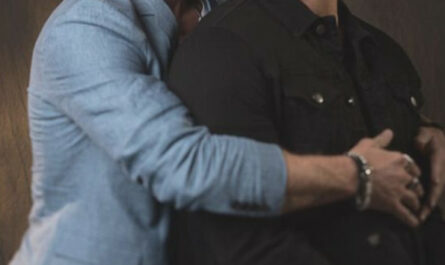Bruce Willis is a name synonymous with action movie heroism, but his impact on the genre extends far beyond mere explosions and fight scenes. Through his iconic portrayal of characters like John McClane in the “Die Hard” series, Willis revolutionized the archetype of the action hero, introducing a new level of realism, vulnerability, and relatability. In this comprehensive analysis, we delve into the ways Bruce Willis transformed action movie heroism, reshaping the genre and inspiring a new generation of filmmakers and performers.
Everyman Hero:
Traditionally, action heroes were portrayed as larger-than-life, invincible figures, epitomized by the likes of Arnold Schwarzenegger and Sylvester Stallone. However, Bruce Willis’s portrayal of John McClane in “Die Hard” challenged this archetype. Unlike his predecessors, McClane was an ordinary guy—a cop caught in extraordinary circumstances. He bled, he felt fear, and he struggled to overcome seemingly insurmountable odds. Audiences connected with McClane’s vulnerability, seeing themselves reflected in his humanity and imperfection. Willis’s portrayal of the everyman hero revolutionized the genre, proving that heroism is not exclusive to superhuman feats but can be found in the courage and resilience of ordinary individuals thrust into extraordinary situations.
Humor in the Face of Danger:
Another groundbreaking aspect of Bruce Willis’s portrayal of John McClane was his use of humor in the face of danger. While action movies of the past were often solemn and serious affairs, Willis injected a healthy dose of wit and sarcasm into his character’s dialogue. From his iconic catchphrase, “Yippee ki-yay, motherf****r,” to his witty one-liners in the midst of perilous situations, McClane’s humor added depth and complexity to the character, making him more relatable and endearing to audiences. Willis’s ability to infuse levity into intense action sequences not only heightened the entertainment value of the films but also humanized the hero, showcasing his resilience and wit even in the direst of circumstances.
Gritty Realism:
Before “Die Hard,” action sequences in movies were often depicted in a stylized and fantastical manner, with minimal consequences for the protagonists. However, Bruce Willis brought a gritty realism to the genre, particularly in his portrayal of John McClane’s action scenes. Unlike his predecessors, McClane didn’t emerge unscathed from his encounters with adversaries. He bled, he bruised, and he showed signs of exhaustion—a stark departure from the indestructible heroes of the past. Willis’s commitment to authenticity and physicality added a palpable sense of danger and urgency to the action, immersing audiences in the visceral experience of McClane’s trials and tribulations. By grounding the action in reality, Willis elevated the stakes and intensified the emotional impact of the films, leaving a lasting impression on audiences and filmmakers alike.
Conclusion:
In conclusion, Bruce Willis’s transformative impact on action movie heroism cannot be overstated. Through his portrayal of John McClane in the “Die Hard” series, Willis shattered the conventional mold of the action hero, introducing a new era of realism, vulnerability, and humor to the genre. By portraying McClane as an everyman hero—a relatable, flawed individual thrust into extraordinary circumstances—Willis challenged the notion of heroism and inspired audiences to find strength in their own humanity. His use of humor in the face of danger and commitment to gritty realism further distinguished his portrayal, setting a new standard for action movie protagonists. As a result, Willis’s legacy as an action movie icon endures, his influence reverberating through Hollywood and shaping the future of the genre for generations to come.



